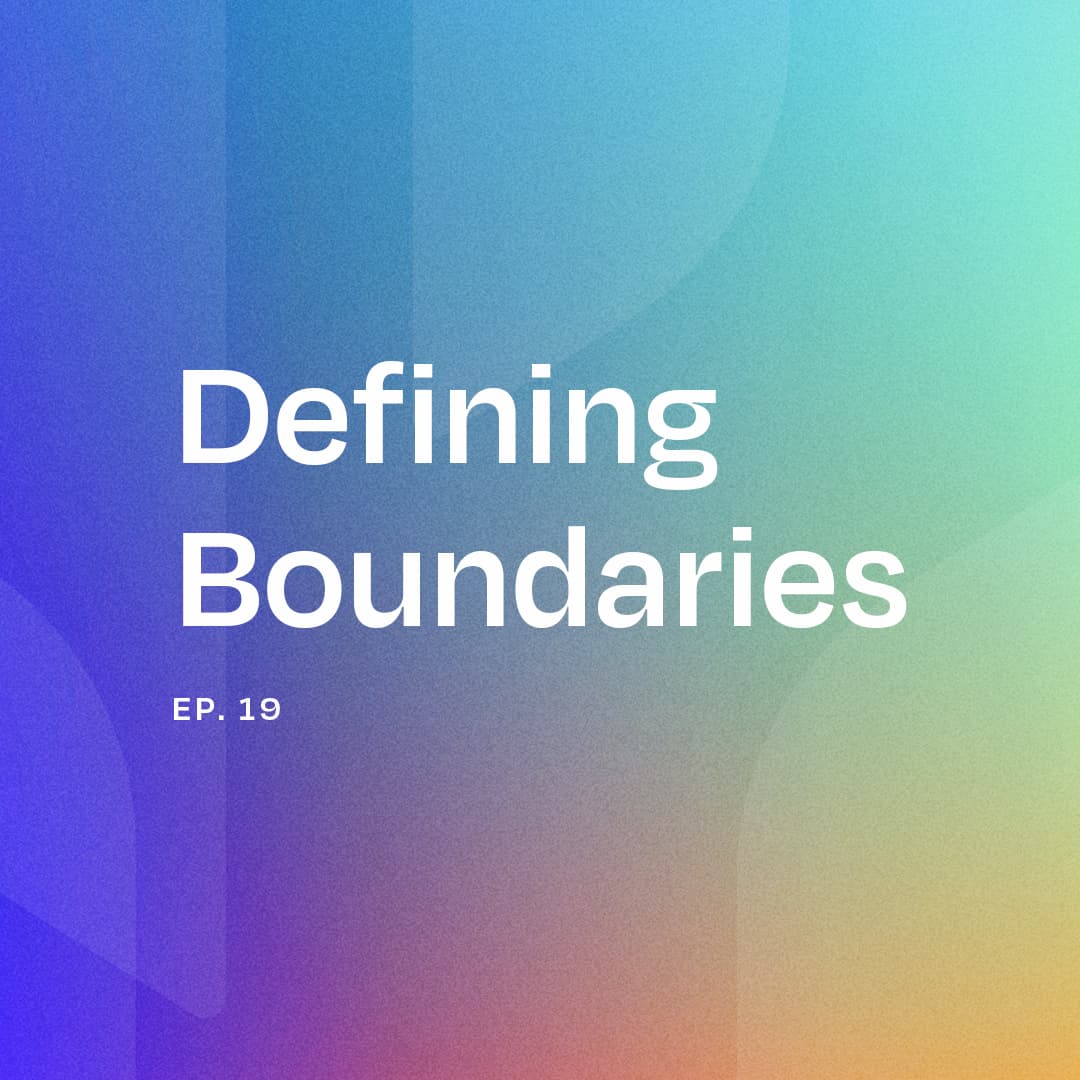
Do boundaries really impose control or are they statements of self-definition and values? This episode of Praxis aims to demystify this, taking you on a journey through the importance of emotional maturity in discipleship and the key role it plays in setting boundaries. We dive into the concept of boundaries, portraying them as property fences that provide clarity and foster growth. We illuminate different types of boundaries, from personal to time management in relationships, and how they can be recognized and respected.
Let's face it, setting and maintaining boundaries can be challenging. It's like walking on a tightrope where you are trying to balance your own needs while respecting those of others. In this conversation, we address common misconceptions about boundaries being a form of control and explain how they are actually ways of defining ourselves and our values. We delve into the difficulties faced when trying to set boundaries and underscore the importance of self-awareness and intentionality in doing so.
Finally, we highlight the power of communication in establishing boundaries. Jesus, our perfect example, taught us how to set boundaries with love and respect. We need to understand that boundaries are not instruments of division but tools for nurturing healthier relationships. We examine how Jesus set boundaries between himself and his disciples, and how we can apply these lessons in our relationships today. Don't miss out on this fresh perspective on boundaries and relationships in this intriguing episode of Praxis. You are guaranteed to walk away with some new insights that will enrich your relationships.